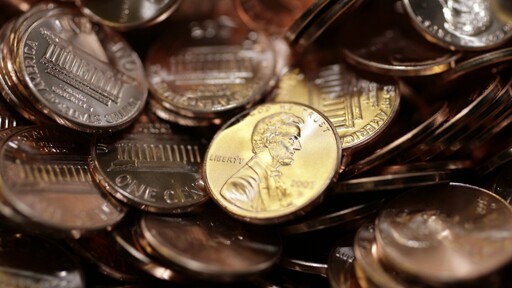So what happens when someone pays cash at the supermarket? Who rounds up?
I saw an interview with an economist years ago where he said that if we just followed the accepted rules of rounding (1-4 rounds to 0, 5-10 rounds to 10) then it would work out about the same. In reality I’m sure companies would just pocket the extra money
They already do with sales tax. ( If the tax works out to a fraction of a cent, almost every register or POS system will round up…it’s a tiny amount per transaction, but it does happen and adds up over daily, weekly and monthly transactions)
I write POS software, and have written tax calculations that cover about 30 states, and several CA provinces.
While we do have to round (always up) when calculating sales tax, there’s no way for the business to figure out how much that rounding would be, since it’s just added to the tax collected.
And in all states that I’ve worked with, a business has to pay what they collected (even if they over collect), and can’t just calculate a percentage of total sales (since many states have tax tables, rounding rules, or 3-4 decimal tax rates, and not a flat percentage tax).
So it’s actually the government that gets the benefit of the rounding.
Didn’t know that was the case, thanks for correcting me.
You were right about the rounding / keeping the extra … it’s just someone different keeping the extra money.



